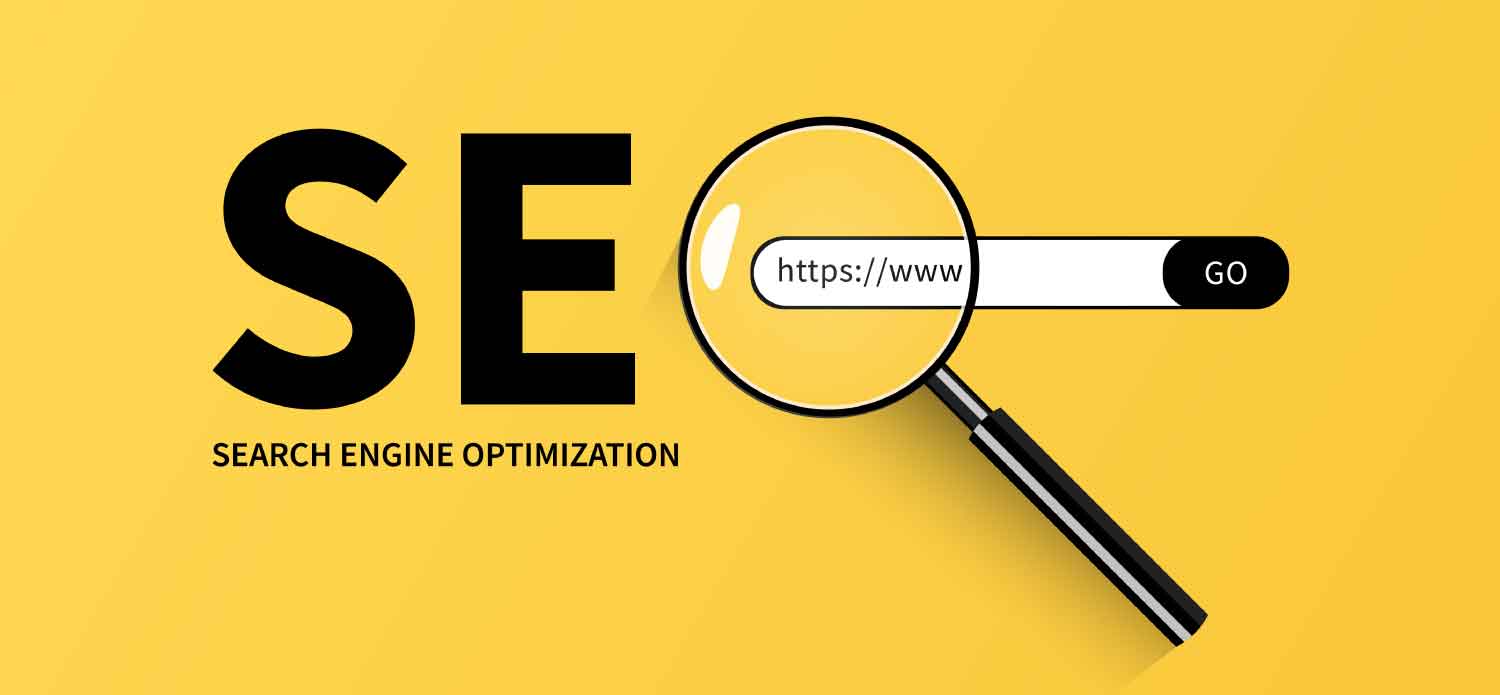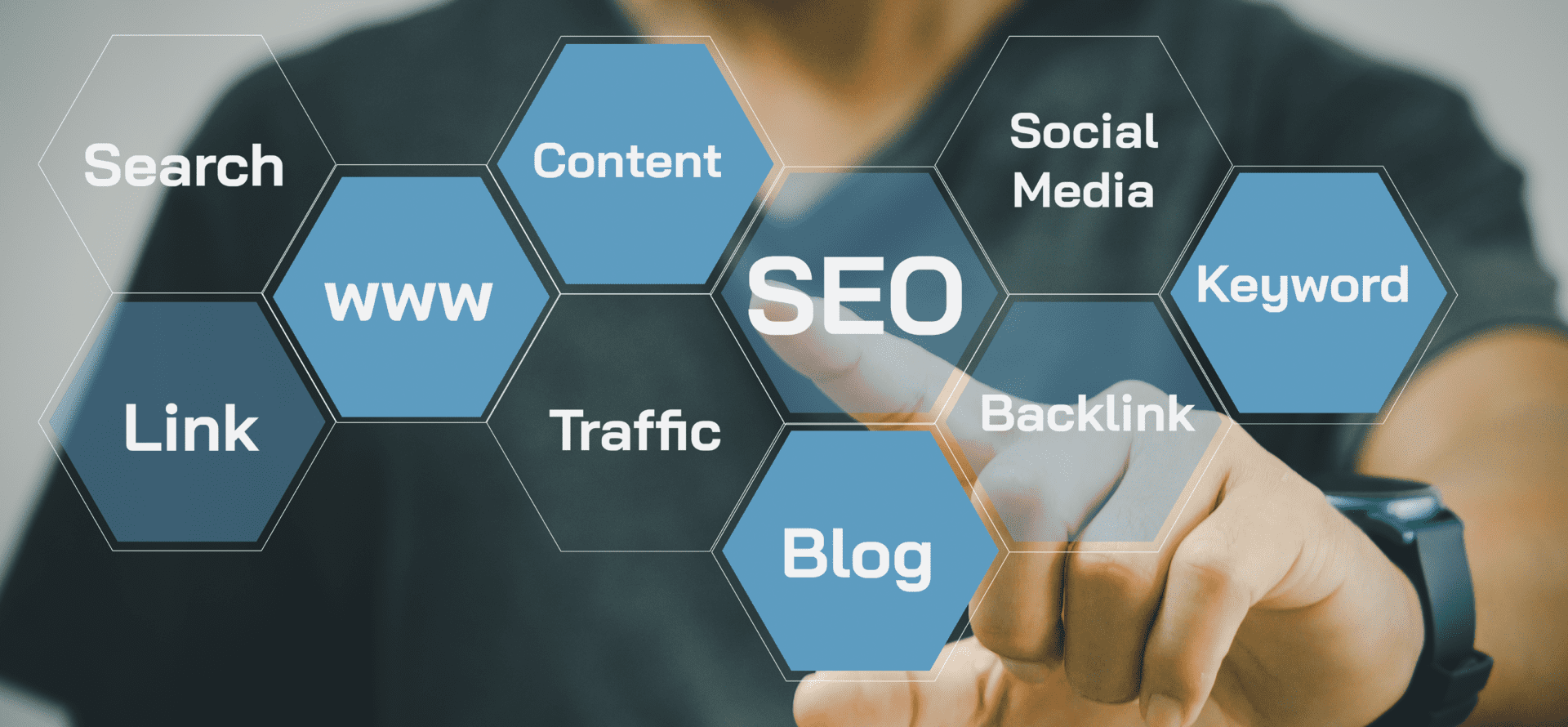


Search engine optimization (SEO) is one of the effective marketing strategies today. Compared to paid advertising, SEO provides an excellent opportunity for businesses to get organic traffic. It presents a huge potential to drive qualified traffic, increase conversions, and boost revenue.
Businesses have different options when it comes to creating a perfect SEO strategy. If you have sought SEO services before, you know you have limitless possibilities when it comes to tools and technology to help move your business in the right direction. The terms SEO agencies, SEO platforms, and SEO tools are not uncommon terms in the SEO world. But what is the difference between them? And which one is right for your business? This is what we shall look at in this post.
Table of Contents
Understanding SEO Agency Services

An SEO agency refers to a company that works with businesses to boost your visibility in search engines. To achieve this, SEO agencies perform various tasks, including keyword research, content creation, link building, and many such things.
SEO agencies come in different forms and sizes, meaning choosing one that fits your business needs is paramount. That doesn’t, however, mean that you need to spend a leg and an arm to hire an SEO agency. With the ever-increasing competition, you can get an SEO agency to handle your SEO at a reasonable price.
Besides, you do not necessarily need to hire an agency for 12+ months. You can seek SEO services for short-term projects like creating a strategy for a new blog. You can also hire an SEO agency to help build a long-term SEO strategy customized for your business.
What Should SEO Agency Services Include?
There is an endless list of what SEO agencies can do, so breaking down each task can be daunting. Besides, every SEO agency is unique, meaning their strategies and campaigns will vary.
That said, here are common tactics and questions that SEO agencies can provide answers to:
- Analysis and Research
- What keywords is your audience searching for?
- How is your website performing at the moment?
- What do your competitor’s strategies look like?
- On-Page SEO Techniques
- Is your website SEO-friendly?
- Are your page titles optimized for SEO?
- Are your pages optimized for proper keywords?
- Off-Page SEO Changes
- How is your website speed?
- Do you provide a good user experience?
- Is the content in your website link-worthy?
- Content Strategy Creation
- What are the content gaps on your website?
- Does your content resonate with your target audience?
- Is your content optimized for SEO?
- Do you have strong calls to action?
This is just a breakdown of what SEO agencies’ services entail. However, it is crucial to understand a good SEO agency will customize your campaign to meet your specific marketing needs to drive the best results.
That said, a reputable SEO agency must have a robust working process that includes constant testing and adjusting the strategy (where necessary) to get more qualified traffic, drive more leads and increase conversions.

Types of SEO Agencies
SEO agencies are generally categorized into two: Full-service and strictly SEO-focused.
A full-service agency provides multiple digital channels for your business. In other words, it is a fully integrated marketing agency that offers a wide range of services, including strategic planning, SEO, digital marketing, social media marketing, and much more.
Many large agencies can handle all marketing and advertising requirements your business needs. The best part is that an excellent full-service agency provides cross-level reporting to ensure you are aware of the performance of each channel.
Working with a full-service agency has many benefits, including saving time, cost-effectiveness, and flexibility.
On the other hand, an SEO-only agency will come in handy if you need experts with deep knowledge of search engine optimization. Although you will miss out on cross-channel performance (that comes with a full-service agency), your business will benefit from a conversion-driven strategy that will drive qualified traffic and ultimately boost your bottom line.
Depending on your marketing and advertising needs and the resources available, hiring an agency will come in handy. However, before you choose an agency, you need to ensure that it’s the best fit for your company. Here are some questions to ask a potential agency:
- What does your working process look like?
- What does your audit include?
- What metrics define success for you?
- Will you create a customized strategy for my brand or niche?
- What are your deliverables per month?
- How often do I get reports?
- How soon can we expect results?
These and other questions will help you choose the right agency for your business. Remember, the SEO agency you choose will be responsible for creating an SEO strategy and implementing it—it will be an essential part of your business growth not just now but in the future.
The only downside with outsourcing your SEO is that you will miss out on the opportunity to gain insights into SEO. Hiring an agency might be a bad idea if you want to build an in-house SEO team. In that case, seeking the support of an SEO platform will come in handy for your in-house SEO.
SEO Platforms
SEO platforms are not just great for content strategy and search engine optimization (SEO); they are also an excellent source of audience intelligence. An SEO platform plays a vital role in researching, devising, implementing, managing, and measuring every aspect of your visibility in search engine results pages (SERPs).
An SEO platform allows you to research new topics, help in content ideation and creation, and help implement search engine optimization for an effective digital marketing strategy.
Simply put, an SEO platform allows you to manage, implement, and measure your brand’s presence in digital channels, including Google’s organic listings. It provides an in-depth and clear view of your website’s opportunities, strengths, and weaknesses.
A platform allows automated reporting and push-button insights that help your team save time. You may want to invest in an SEO platform if you want to get the most out of your in-house SEO resources.
SEO platforms are customizable and scalable, meaning your team doesn’t need to spend most of their time putting together data sets. Instead, they can use the time on more valuable tasks like making optimizations.
The value that comes with SEO platforms cannot be overstated. Here’s how your team will benefit from an enterprise SEO platform:
- A single source of uniform approach will help reduce inefficiencies and drive scales, enhance inter-department communication, and enable enterprise-level SEO reporting
- Optimized user experience throughout the buyer journey
- Automated reporting will make data gathering, management, and analyzing easier
- Actionable SEO insights
- Consistent and trackable SEO workflows
Ideally, SEO platforms give SEO professionals more time to deliver strategy and generate insights for better SEO results. The best part is that these platforms can integrate with other tools and systems you already use.
Whether it’s the first time to invest in an SEO platform or are looking for a better alternative, there’s a lot to consider to ensure you choose the best SEO platform. Selecting an SEO platform comes down to striking the right balance between cost, efficiency, and capabilities. That said, here are the capabilities to look for in an SEO platform:
- Actionable Al-driven insights
- Unrestricted access to data
- Repeatable workflows
- Integration with other tools and systems
- Site audits with unlimited craws
- Data accessibility and transparency

SEO Tools
SEO plays a critical role in the digital world today. But the trickiest part is it keeps evolving with new trends such as voice search. To get the most out of your SEO efforts, you must stay top of the SEO game. This is where SEO tools get into the equation.
Whether you’re optimizing content, link building, or tracking social media visibility, an SEO tool will come in handy. These tools provide data and alerts about the current state of your website, uncover opportunities and weaknesses, and give insights into the steps you need to take for the success of your site.
Ideally, each SEO tool helps with specific tasks, including:
- Research
- Links
- On-page SEO
- Rank checking
- Mobile SEO
- Site speed
- Local SEO
- WordPress SEO
Just as you wouldn’t build a chair with only your hands, you need tools to build a website. SEO tools help you know:
- If your website has HTML errors
- The number of visits on your webpage
- The number of links a page has
- Keywords that users in your niche are using in their search
- A drop in traffic
SEO tools help handle tedious work like keyword research and data analysis. They help identify what’s working and what part of your strategy needs to be changed. However, you need to choose the right SEO tools and understand how to use them to get the most out of them.
Even so, having many smaller tools in your arsenal can be overwhelming. Luckily, tools such as SurferSEO, SEMrush, Ahrefs, and MOZ are fully equipped to provide a wide range of services.
That said, here are top search engine optimization tools you may want to consider:
- Google Search Console (top SEO tool)
- Ahrefs (SEO keyword tool)
- DataStudio (free reporting tool)
- MOZ (all-in-one SEO tool and crawler)
- SEMRush (top SEO tool and crawler)
- Buzzsumo (social)
- Keyword Hero (missing keyword data – free)
- KWFinder (keywords)
- Keyword Everywhere (free chrome extension for keywords)
- Gtmetrix (pagespeed – free)
If you want to generate qualified traffic and increase conversions, choose a quality SEO tool. With the many SEO tools out there, selecting the right one for your business can be overwhelming. The best thing is to think about what you need for your business and choose a tool that best fits your business needs.

SEO Agency, SEO Platform, or SEO Tool – Which Way?
That’s what you need to know about SEO agencies, SEO platforms, and SEO tools. Which one is right for your business depends on your business marketing needs, your team’s expertise, and availability.
